Imagine you're planning an old-school tripto Europe— in the sense of using actual coins and banknotes, intending to see the Colosseum in Rome/Italy, the Alhambra in Granada/Spain, the buzzing old town of Lisbon/Portugal.
The beauty of this trip? No worries about changing money, exchange rates, finding banks, etc. It's all the same currency, the Euro after all!
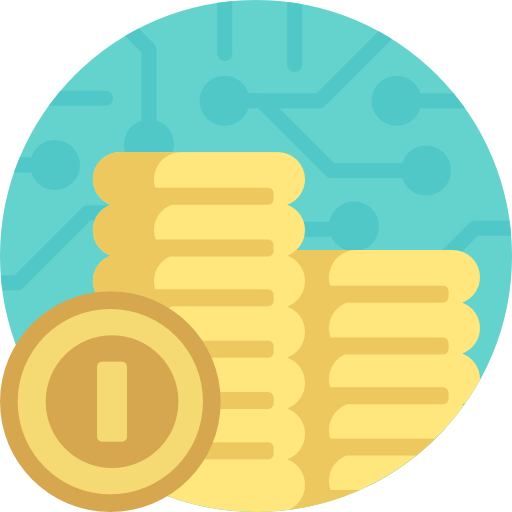
Except that it isn't. Travel to London to see Buckingham Palace and you'll need another European currency, the Pound Sterling.

Despair not! It's not as difficult as it seems to work out the difference between the Euro and the Pound...and you won't have to print your own money.
The Euro: A Unified European Force
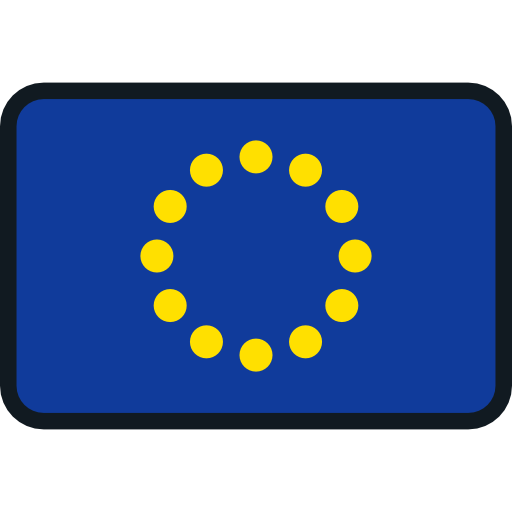
Meet the Euro, a remarkable currency introduced in 1999 that now unites 20 European countries under one financial banner.
It's like a league of superheroes, standing united!

The Euro has both coins and banknotes, each with unique designs, making it a currency that's as visually diverse as the cultures it represents.
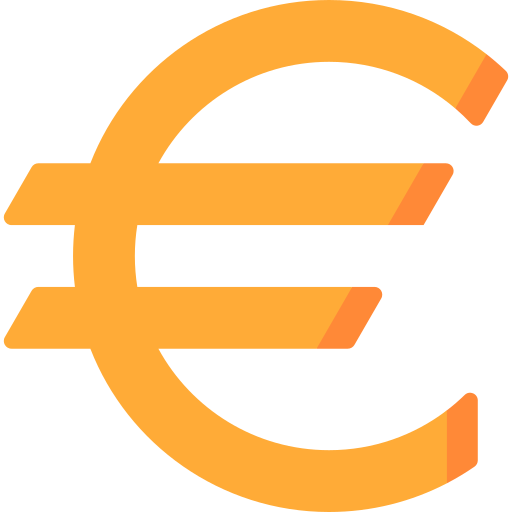
The symbol "€" proudly identifies this currency. One US Dollar is 0.91 € as of January 10, 2024 (use this currency calculator for the most recent exchange rate if you're reading this after January, 2024).
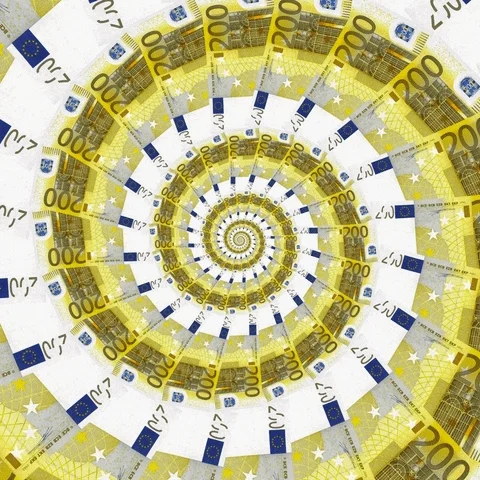
The Pound: Britannia's Stalwart Currency
In another part of Europe, the British Isles, however, the British Pound, affectionately known as "quid" by locals, is used. It exudes charm, history, and a touch of royalty. 👑
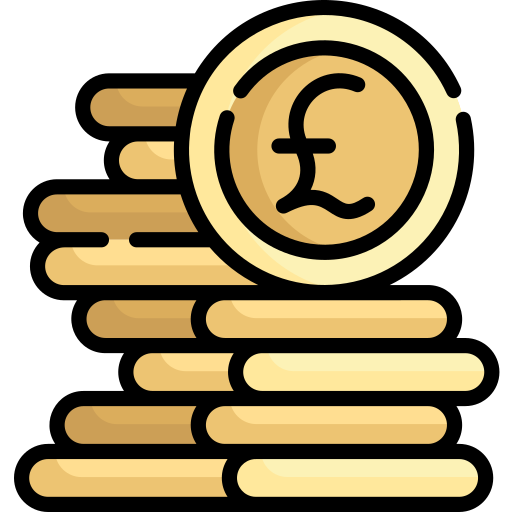
The Pound Sterling (£) is the official currency of the United Kingdom and several British territories.
It's one of the oldest currencies in the world and is denoted by the symbol "£". One US Dollar is 0.79 £ as of January 10, 2024 (use this currency calculator for the most recent exchange rate if you're reading this after January, 2024).
But despite its age, the Pound Sterling still is also on the forefront of innovation as one of the first countries in the world to introduce plastic notes made from polymer — their 20 £ note has in fact been in use since February 20, 2022!
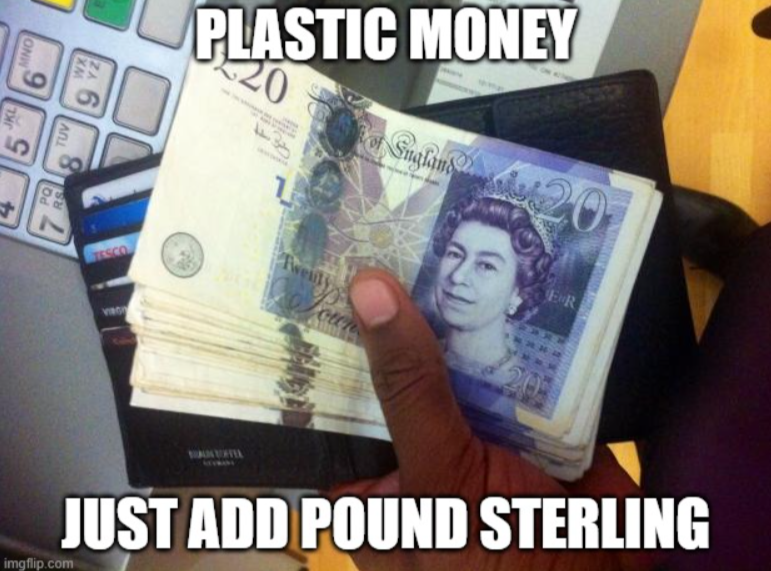
Key Differences between the Euro and the Pound

1. Geographical Usage
The Euro is widely used across the Eurozone, comprising 20 EU member states — it's sometimes even accepted in the border areas of countries like the Czech Republic, which doesn't use the Euro.
In contrast, the Pound Sterling is exclusively used in the United Kingdom, including England, Scotland, Wales, and Northern Ireland.
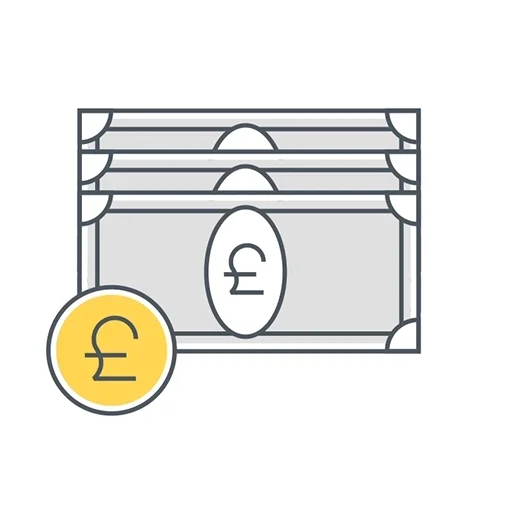
2. Exchange Rate
The Euro and the Pound have different exchange rates. The exchange rate between the two currencies fluctuates and affects the cost of exchanging money between them.
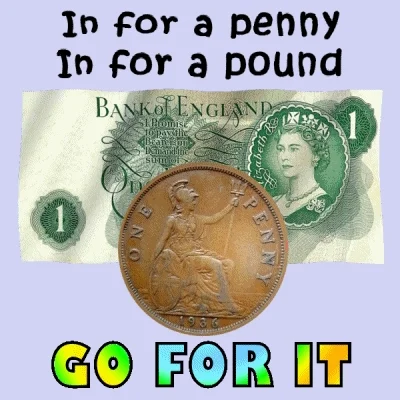
3. Banknotes and Coins
While the Euro has uniform banknotes and coins across all Eurozone countries, the Pound Sterling has different designs for banknotes in England, Scotland, and Northern Ireland.
Each of these countries has its own banknotes, sporting different designs that are still useable across the UK.
Quiz
Shemona plans on going on an epic adventure through Europe, visiting Germany, and Austria and Belgium next. Pick the best currency for her trip:
Why Two Currencies in Europe?
This is history that's cooler than a time-traveling DeLorean!
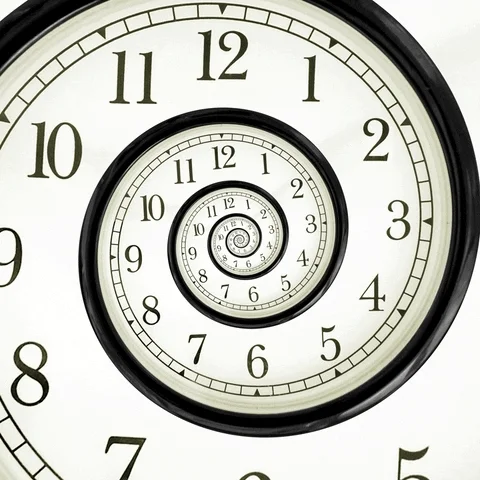
The Pound, like a rebellious character in a video game, chose to stay independent from the Euro because of the UK's unique historical and economic storyline.
Imagine this as the UK's superpower move to maintain control over its own financial rules, like interest rates and inflation targets.
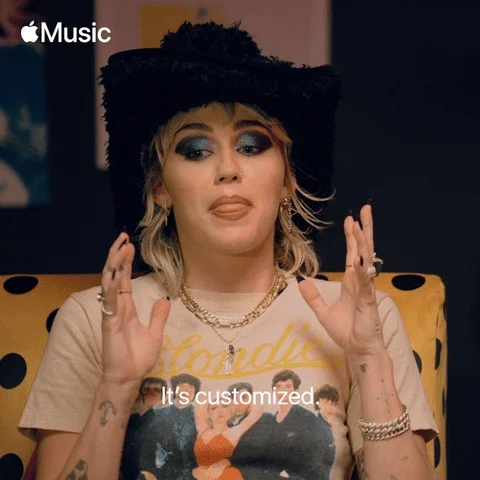
Think of it as customizing your character's abilities in a game — the UK tailored its economic policies to match its specific needs and objectives!
This independence allowed the UK to navigate economic quests in its own style, much like a savvy gamer exploring a vast virtual world.
Take Action
You're now ready to embark on your trip to Europe without having to worry about the money — at least when it comes to currency!
To gain a practical understanding, it's essential to engage with the currencies directly.
Next time you travel to a country using the Euro or the United Kingdom, try converting some money and observe the differences in banknotes and coins.

This hands-on experience will solidify your knowledge and you'll become an expert in financial matters in no time.
Your feedback matters to us.
This Byte helped me better understand the topic.
